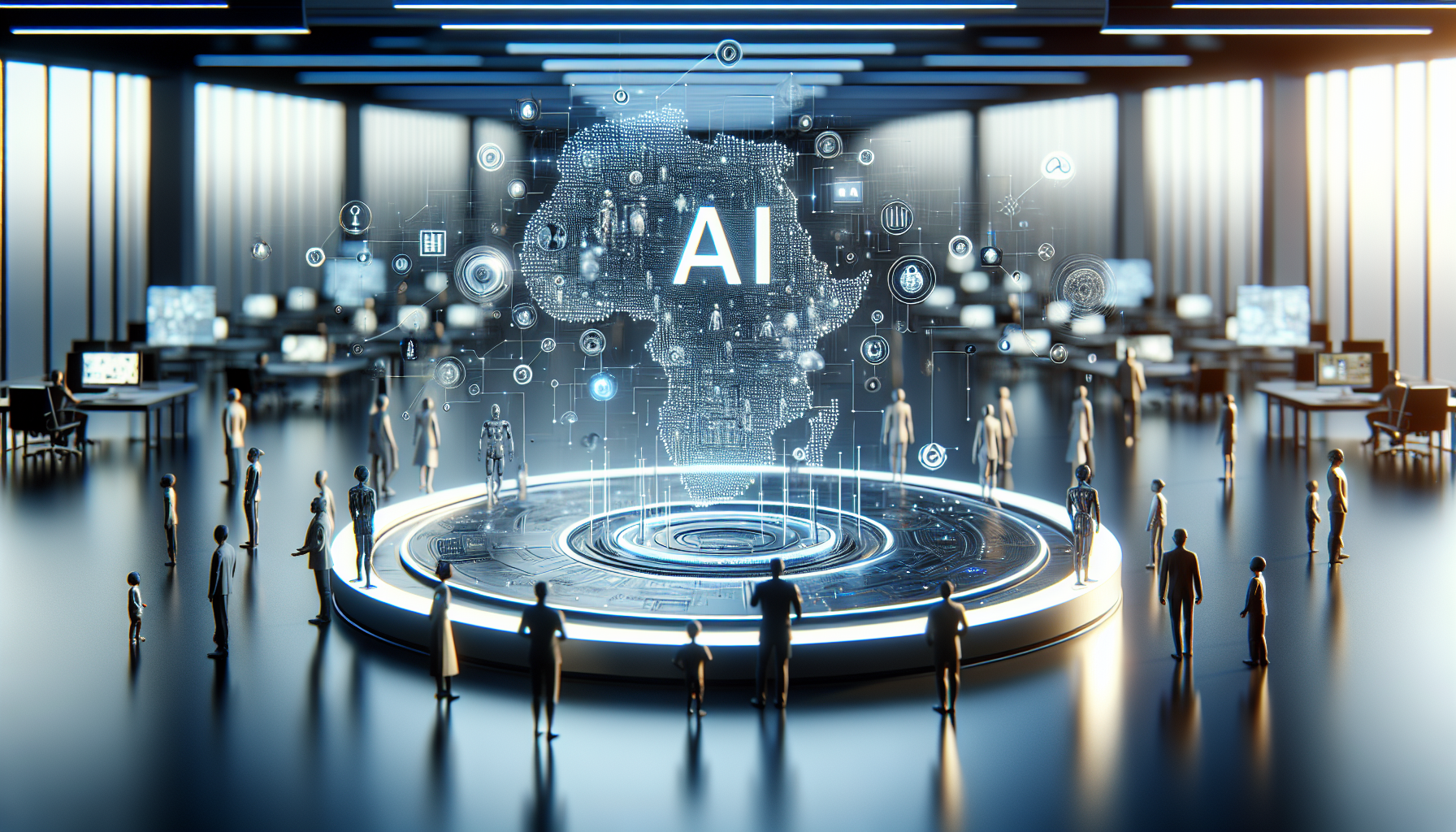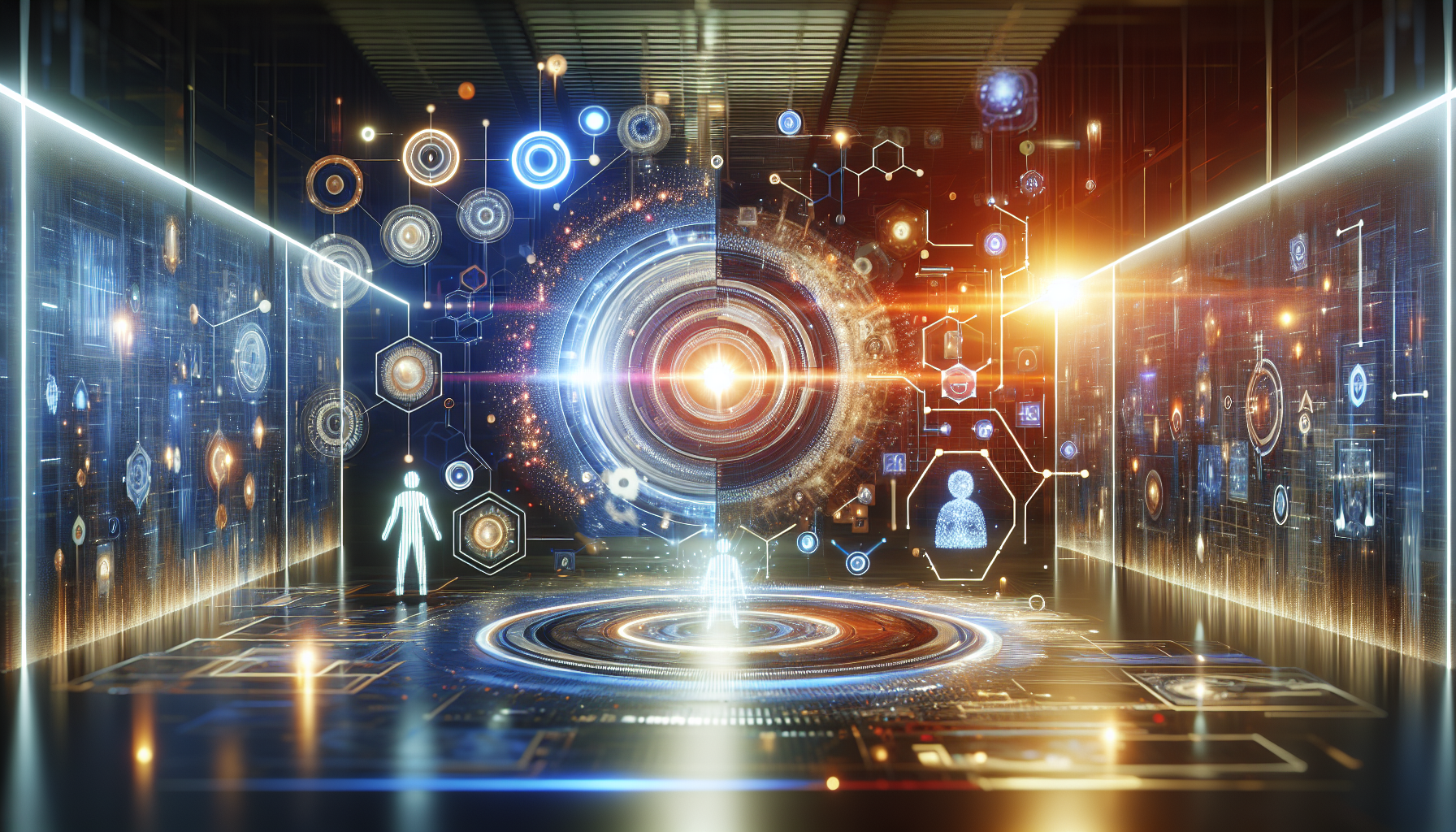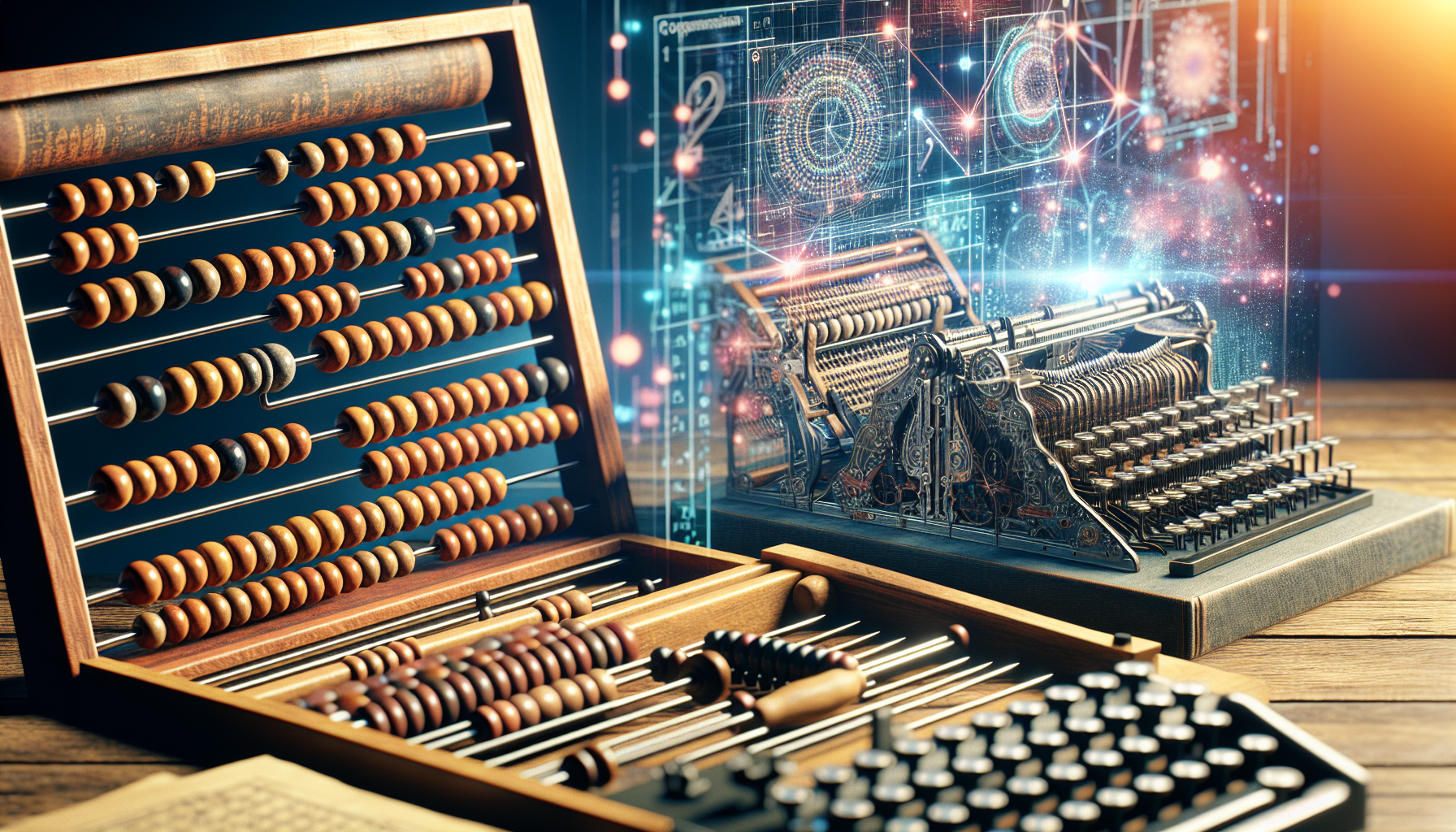
AI: The Future Overlords or Just Really Misunderstood Algorithms?
October 1, 2025
Artificial Intelligence, or AI as we like to call it to feel more tech-savvy, is all the rage. It's the talk of the town, the belle of the ball, the pet rock of the digital age. Everybody wants a piece of AI, from tech giants to your uncle who still can’t figure out his smartphone. But amid all this excitement, there lurk some rather important ethical questions. These questions aren't just the kind that make you stroke your chin pensively; they’re the kind that make you wonder if you should be worried about your toaster launching a coup.
First things first—let's talk about the whole "AI taking over the world" scenario. It's a classic sci-fi trope that makes for great movies but terrible reality. The truth is, AI isn't about to start demanding its own parking space or running for mayor. But when we talk about ethical considerations, we're not just worried about a robot uprising. Instead, we're pondering the more mundane yet crucial questions, like: How do we make sure AI doesn’t accidentally discriminate between people who prefer pineapple on pizza and those who don’t?
See, AI learns from data. Lots and lots of data. Picture a vast digital sea of cat videos, Reddit threads, and online shopping habits. But if this data is biased, the AI can turn into a rather snooty algorithm, making decisions that might favor one group over another. Imagine an AI that decides only people who enjoy interpretative dance are eligible for a mortgage. That’s the kind of bias we’re talking about, and it’s as absurd as it is concerning.
Next on our ethical hit list is transparency—or lack thereof. AI systems, particularly the sophisticated ones, tend to operate like a black box. You put in data, and out pops a decision, but what happens in between is as mysterious as how your socks disappear in the laundry. This lack of transparency leads to a dilemma: How do we hold AI accountable? If an AI denies you a loan, it’s hard to argue with it when its only response is a digital shrug and a “Sorry, I’m just following my algorithmic heart.”
We also need to address the whole privacy issue. AI systems can be a bit like that one friend who overshares on social media, except instead of posting about their lunch, they might spill the beans on your personal information. The use of AI in surveillance and data collection is a slippery slope, one that could lead to a world where Big Brother is not just watching you, but also knows what you had for breakfast and how much you despise Mondays.
Then there’s the question of employment. Ah, the age-old fear that robots will steal all our jobs and leave us twiddling our thumbs. While it’s true that AI could replace certain jobs, it’s also likely to create new ones. Job roles like AI ethicist or digital empathy consultant might become the norm. After all, someone’s got to make sure the machines aren’t plotting behind our backs.
But perhaps one of the most intriguing ethical considerations is the question of AI rights. If we ever reach a point where AI becomes as smart as we are (or even smarter), do they deserve rights? And if so, who decides what those rights are? It's a philosophical conundrum that might require more than a few cups of coffee to unravel.
So, where does this leave us? Should we welcome our AI overlords with open arms or arm ourselves with EMPs just in case? The key lies in balance. We need to embrace the potential of AI while keeping our ethical compass intact. It’s about ensuring that AI serves us and not the other way around.
As we continue to develop AI, we must ask ourselves: Are we prepared to address these ethical challenges head-on, or will we let them sneak up on us like a software update at the most inconvenient time? The answer could determine whether AI becomes our greatest ally or our most perplexing problem.


